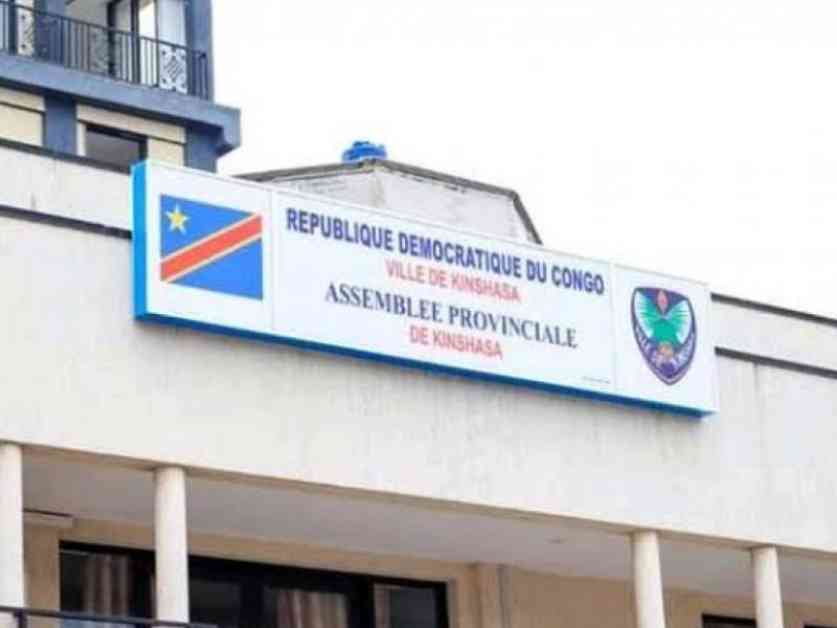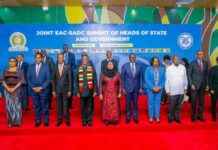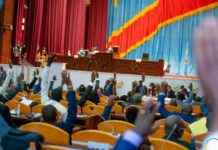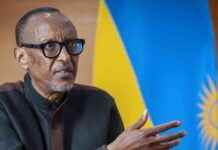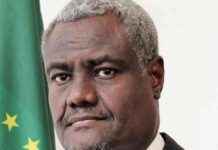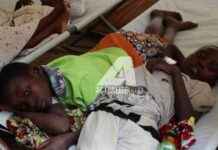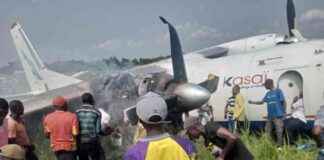The recent ordinary session of September at the Provincial Assembly of Kinshasa was a pivotal moment, focusing on the examination and approval of the budget for the 2025 fiscal year. Led by Lévi Mbuta, the President of this deliberative body, the session concluded with the adoption of an increased budget. Mbuta expressed satisfaction with this decision, believing it will empower the provincial government to tackle the myriad challenges facing the capital.
Budget Increase and Strategic Planning
The primary goal of this session was to equip the provincial government with the necessary resources to generate revenue and strategically plan budgetary expenditures to address the city’s priorities. This includes crucial areas such as transportation, security, infrastructure, and sanitation. Emphasizing the importance of allocating sufficient funds to key sectors like city beautification, road infrastructure construction and rehabilitation, and security operations to combat youth delinquency known as “kuluna,” Mbuta highlighted the critical nature of these investments.
Financial Details and Ecofin Recommendations
Following the session, the approved budget for the 2025 fiscal year stands at 3,696,153,658,440.43 FC, a result of the addition of 325 billion FC in additional revenues identified by the Ecofin Commission. This amount surpasses the initial proposal by Governor Daniel Bumba, which was set at 3,321,479,725,786.78 FC, approximately 1.145 billion USD. Additionally, apart from budget approval, the Provincial Assembly delved into the examination of the fiscal accounts for the year 2023. During this review, the Ecofin Commission put forth several crucial recommendations.
Call to Action and Accountability
In his closing remarks, Mbuta urged the provincial government and public service officials to intensify their efforts in fulfilling the promises made to the residents of Kinshasa. He called upon fellow deputies to fully engage in their legislative and oversight duties to meet the expectations of the city’s inhabitants, who anticipate tangible improvements in their daily lives. Facing significant challenges such as sanitation issues, deteriorating infrastructure, and security concerns, the people of Kinshasa now anticipate visible and effective actions from the provincial authorities, armed with the necessary financial means to enact change. The implementation of this budget signifies a crucial step towards realizing the developmental aspirations of the capital.
As we reflect on the implications of this budget approval, it becomes apparent that financial resources are vital for driving progress and transformation in communities. It is essential for governments at all levels to allocate funds strategically, ensuring they are utilized efficiently to address pressing needs and deliver tangible benefits to the population. The decisions made during budget planning directly impact the quality of life for residents, shaping the present and future of our cities and regions. Therefore, it is imperative for leaders to exercise prudence and accountability in financial management, prioritizing the well-being and prosperity of their constituents above all else.
